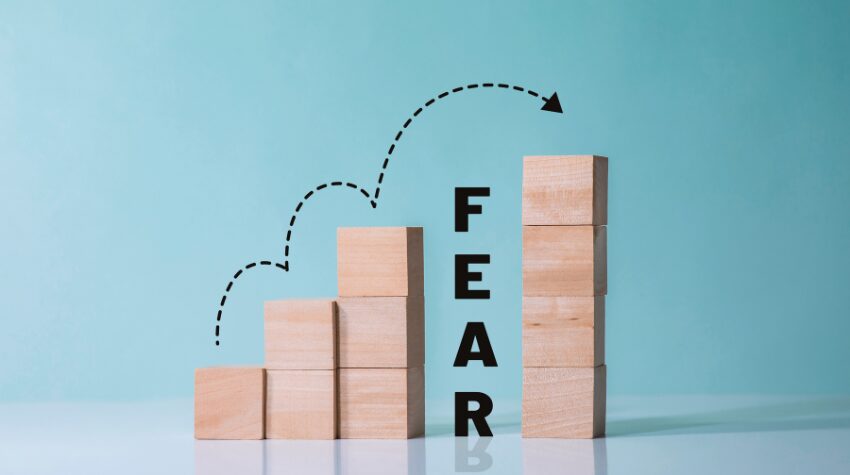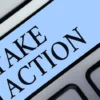
It’s not always a lack of information.
It’s not always a matter of readiness.
Very often, we don’t take action because we’re afraid of doing it wrong.
You might be ready to take a step — buy your first home, invest some savings, apply for a mortgage pre-approval, or consolidate your debts.
But something inside you says: What if I mess this up?
That fear is more common than you think. And even though it seems like an emotional issue, it has very real financial consequences.
Why does the fear of “making the wrong decision” freeze us?
Because money is emotional.
It’s not just about stability or comfort — it’s tied to self-worth, identity, and expectations.
So when we face a financial decision, it doesn’t feel like just a transaction. It feels like a test.
Especially when we compare ourselves to others, hoping to get the same (or better) results.
And that creates pressure and fear:
- Fear of regret. What if waiting six more months would have been better?
- Fear of missing the best option. What if there was a better rate, a different lender, another piece of advice?
- Fear of looking bad if it doesn’t work out. What will people think? What will I think of myself? Will I lose all the money I invested?
This fear can lead to one of the most dangerous traps in personal finance: prolonged inaction disguised as caution.
The trap of always trying to make “the best decision”
Sometimes we crave so much certainty that we wait until we have 100% of the information, 100% clarity, 100% perfect conditions.
The problem?
That 100% never comes. That scenario never happens.
And while we wait, time passes.
And time has a cost:
- Missed opportunities
- Forgotten renewal windows
- Rate hikes you didn’t anticipate
- Projects that never get started
- Money that loses value
Waiting to “avoid getting it wrong” sounds reasonable — but in the long run, it can cost you far more than taking a well-informed step forward.
What actually makes a financial decision a good one?
A good decision doesn’t have to be perfect.
A good decision is:
- Sustainable for your current budget
- Aligned with your real priorities
- Made with clear (if not complete) information
- Doable in the present moment
The key is to stop thinking in terms of “right or wrong” — and start thinking in terms of “smart for today.”
How to move forward when fear is holding you back
1. Accept that zero risk doesn’t exist.
There’s no mortgage, investment, or financial decision without uncertainty.
The goal is to manage it — not eliminate it.
2. Get informed, but set a limit.
Research is key. But if it’s been three weeks and you haven’t taken any action, chances are you don’t need more data — you need to decide.
3. Talk to a professional.
Sometimes fear comes from not knowing what you don’t know.
At UCC Mortgage Co., we’re here to help you understand your options, answer your questions, and offer an honest, pressure-free perspective.
4. Start with something small.
Check your credit. Request a pre-approval. Or use our mortgage calculator to simulate real scenarios based on today’s rates.
Taking even one small step gets you out of paralysis.
Final thought
Delaying a big decision out of fear can feel responsible in the short term — but over time, it may be one of the most frustrating financial patterns.
You don’t need to have all the answers.
You just need to take the first step, well-informed.
At UCC Mortgage Co., we’re here to help you make decisions with clarity, calm, and support.
Because moving forward financially isn’t just about money. It’s about confidence.
And confidence isn’t built by waiting. It’s built by doing.








